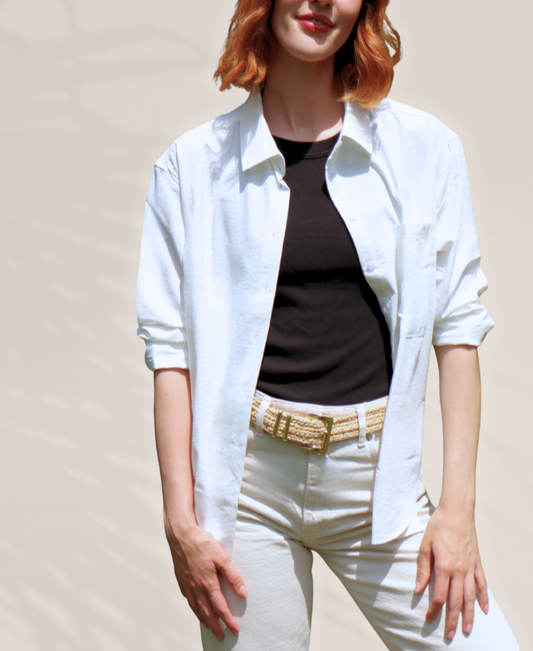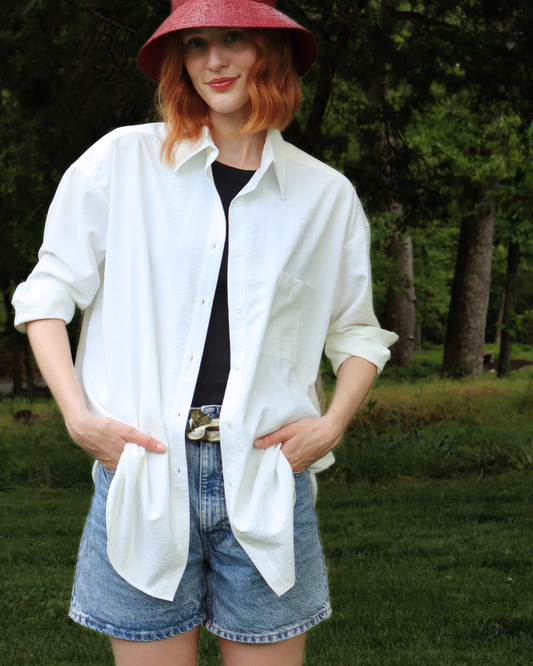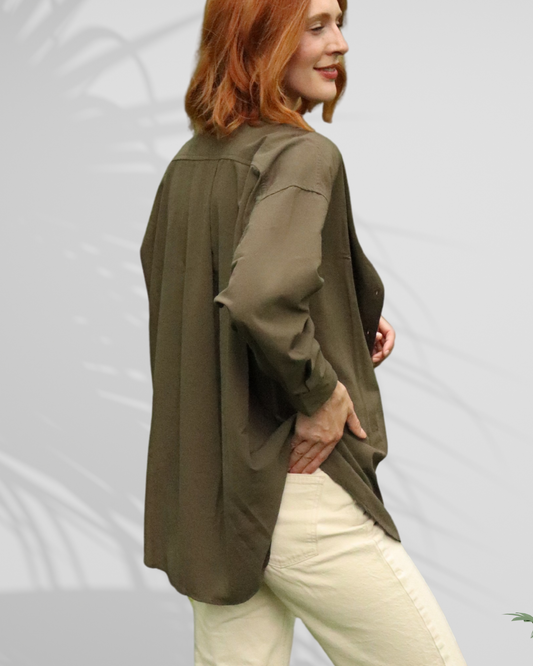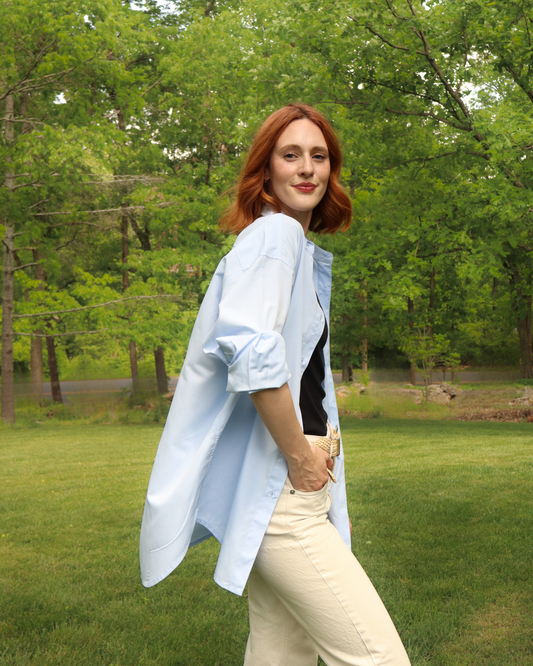The Importance of Wearing Sunglasses and What to Look For
Sunglasses are more than just a fashion statement; they play a critical role in protecting your eyes from harmful elements, especially the sun’s ultraviolet (UV) rays. Whether it's a sunny day at the beach or a cloudy afternoon, wearing sunglasses is essential for maintaining long-term eye health. In this blog, we'll explore why sunglasses are so important and what to look for when choosing the perfect pair.
Why Wearing Sunglasses is Important
- Protecting Against UV Rays: Prolonged exposure to the sun’s UV rays can damage your eyes in the same way it harms your skin. This exposure increases the risk of developing cataracts, macular degeneration, and even cancer on the eyelids. Quality sunglasses can block 99% to 100% of both UVA and UVB rays, ensuring your eyes remain protected from long-term damage.
- Reducing Glare Sunglasses: help reduce glare, particularly from reflective surfaces like water, snow, and roads. Glare can strain your eyes, making it harder to see and causing discomfort. Polarized sunglasses are specifically designed to minimize glare, making them an excellent choice for driving, skiing, or spending time on the water.
- Preventing Eye Strain: Bright sunlight can cause your eyes to squint and strain, leading to headaches and fatigue. Sunglasses reduce this strain by filtering out the intense light and creating a more comfortable visual environment.
- Preventing Photokeratitis: (Sunburn of the Eye) Yes, your eyes can get sunburned! Photokeratitis is a painful condition caused by excessive UV exposure. It can result in red, itchy, or watery eyes and may temporarily impair vision. Wearing UV-blocking sunglasses helps prevent this from happening.
- Reducing the Risk of Skin Cancer: The skin around your eyes, including your eyelids, is extremely delicate and susceptible to skin cancer caused by UV rays. Wearing sunglasses shields this sensitive area from direct sun exposure, reducing the risk of developing skin cancer near the eyes.
- Improving Vision in Bright Conditions: Bright light can make it difficult to see clearly. Sunglasses enhance visual clarity and comfort in bright outdoor environments by filtering out excess light, improving your ability to see colors and contrast accurately.
What to Look for in Sunglasses
- UV Protection: The most crucial factor when choosing sunglasses is UV protection. Look for labels that state the lenses block 99% to 100% of UVA and UVB rays. UV 400 lenses offer the best protection, filtering out harmful rays up to 400 nanometers.
- Polarized Lenses: Polarized lenses reduce glare from reflective surfaces, making them ideal for activities like driving, fishing, or spending time near water. Polarization doesn’t enhance UV protection but improves comfort by eliminating blinding reflections.
- Lens Color: The color of your lenses doesn’t affect UV protection but can influence how well you see in different conditions. Gray lenses reduce overall brightness and maintain true color balance, while brown or amber lenses enhance contrast, which is great for variable light conditions.
- Lens Material: Sunglasses come with various lens materials:
- Polycarbonate: Lightweight and impact-resistant, ideal for sports and outdoor activities.
- Glass: Offers excellent clarity but is heavier and more prone to breaking.
- Plastic: Lightweight and affordable but can scratch easily without proper coating.
- Frame Style and Fit Comfort is key when selecting sunglasses. Choose a frame that fits snugly without being too tight, and make sure it doesn’t press against your temples or nose uncomfortably. Wraparound styles provide extra coverage, shielding your eyes from peripheral UV rays.
- Anti-Scratch and Anti-Reflective Coatings Lenses with anti-scratch coatings are more durable, especially for daily wear. Anti-reflective coatings reduce glare from light that hits the back of the lenses, enhancing visual comfort and clarity.
- Size of the Lenses Bigger lenses or wraparound styles provide more coverage, helping to protect your entire eye area, including the sides of your eyes, from UV rays. Oversized sunglasses are not just a fashion statement; they are also functional.
- Price and Brand While price doesn’t always equate to quality, investing in a reputable brand known for producing high-quality, UV-protective sunglasses is worth it. Avoid cheap sunglasses that may claim to offer protection but don’t deliver, as inadequate lenses can cause more harm by allowing your pupils to dilate and receive more UV exposure.
Conclusion
Wearing sunglasses is one of the simplest ways to protect your eyes from the sun’s harmful UV rays, prevent eye strain, and reduce the risk of long-term eye conditions. When shopping for sunglasses, always prioritize UV protection, comfort, and a lens material suited to your lifestyle. By investing in a quality pair of sunglasses, you’re not only elevating your style but also safeguarding your eye health for the future.



